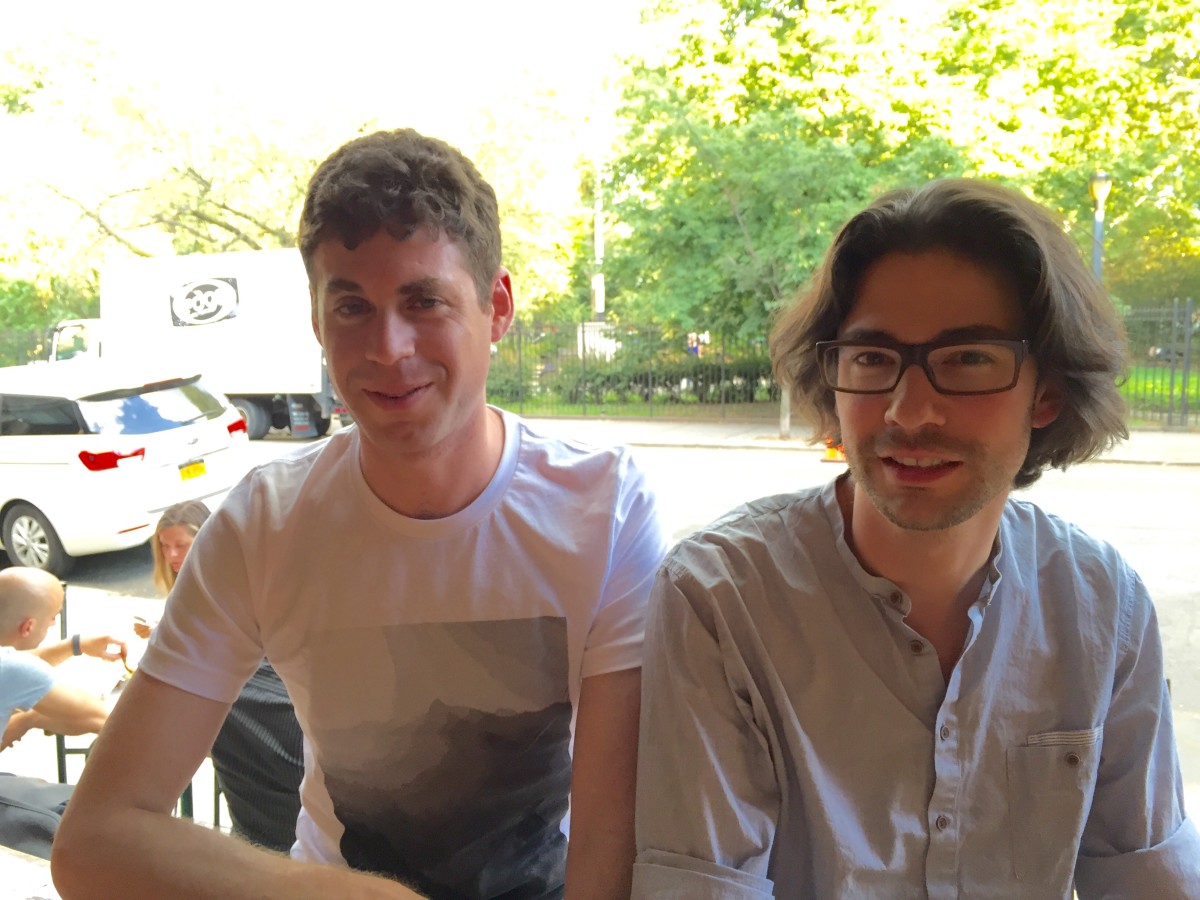What amount of ingenuity could be unharnessed if the barriers to entry of building applications were diminished?
This is the question at the heart of Bubble, a Williamsburg-based startup which allows people to develop web applications by dragging and dropping widgets and customizing plugins.
The whole thing is a bit like building a WordPress site, except that instead of creating a publishing site at the end, the user can theoretically create almost anything.
“Anyone can create software,” cofounder Emmanuel Straschnov said in an interview with Technical.ly Brooklyn. “We think it’s even better if people don’t code anymore, it’s just faster. You can build pretty sophisticated applications [with Bubble]. One of our users literally cloned Twitter. It still takes time, but it’s accessible to anyone that can use Microsoft Office.”
Straschnov described building a website on Bubble as being like Legos.
Bubble supplies individual pieces and a place to put them together and the user builds with the Legos according to the needed specs of their idea. Eventually, he said, he expected third parties to begin to develop plugins for Bubble the same way they do for WordPress.
“Most of this is stuff that already exists,” Bubble cofounder Josh Haas explained. “Eighty percent of consumer websites probably look like Airbnb. They have most of the same components: an action to sign a user up, a calendar of events, an action to charge a credit card, one to send an email, et cetera.”
The duo believes that if their visual programming tool becomes the way of things in the future, it will mean that the keys to the castle have been released, and people with expertise in their field would be free to create apps with no (or little) need for funding. Up to this point, a web developer, or team of them, were required to build someone’s idea. And that costs money.
“You have to be an engineer to start Airbnb but I would say Airbnb is not an engineering business, it’s a hospitality business,” Straschnov said. “The talent pool of people that can build this stuff is very limited and I’m sure there are many people who are very talented people who could maybe even build a better Airbnb.”
A few apps have already been built using Bubble, such as:
- Ripple, a crowdfunding site of sorts that allows people to put their money together to have their favorite bands play private shows.
- Racezoo, allows people to easily find and participate in foot races in Sweden.
- Haas says that one of the apps built on Bubble has successfully attracted venture capital. Straschnov added that one Bubble user was able to replicate Twitter in four days.
I talked to a web developer at a Williamsburg-based startup, Chris Gerke, who seemed a bit skeptical about the ability to innovate if Bubble is the one building the Legos. Twitter, he mentioned, has a team of engineers because no one had made Twitter before. He said he would look into Bubble further and give me a real quote after that, though.
“This bubble thing is actually pretty sweet,” he emailed the following morning:
The slick design and ease-of-use of the UI/UX design interface is pretty incredible. I’d be tempted to give it an honest try. My concerns are for corner-case bugs in their and my implementations. The difficulty of debugging a block-box tool/service is frightening. Overall, on first run-through, it’s pretty incredible looking. It seems well placed between wordpress (and variants) and custom built web apps.
But what about the name?
“The name was a few beers in,” Straschnov explained.
“We were watching this video, ‘Here Comes Another Bubble,’ and we were having a long conversation about what to name it,” Haas interjected. “We had AppForest. It was bad.”
“More seriously though, it hit a lot of our requirements, we wanted it to be playful and close to the people. Not like ‘AppBuilder,'” Straschnov said.
But it begs the obvious question.
“It’s pretty fair to say we’re in a bubble, financing-wise,” Straschnov said. “There’s a lot of cash out there. Reading TechCrunch is depressing.”
“One of the things that bothers us personally is that the cash is flowing to a lot of ideas that are all targeting making the life of well-off urban 20-somethings easier,” Haas said, adding that in general they are both very long on technology. “Don’t get me wrong, I would use these services, but is that the most important thing our economy can be doing?”
Join our growing Slack community
Join 5,000 tech professionals and entrepreneurs in our community Slack today!
Donate to the Journalism Fund
Your support powers our independent journalism. Unlike most business-media outlets, we don’t have a paywall. Instead, we count on your personal and organizational contributions.

